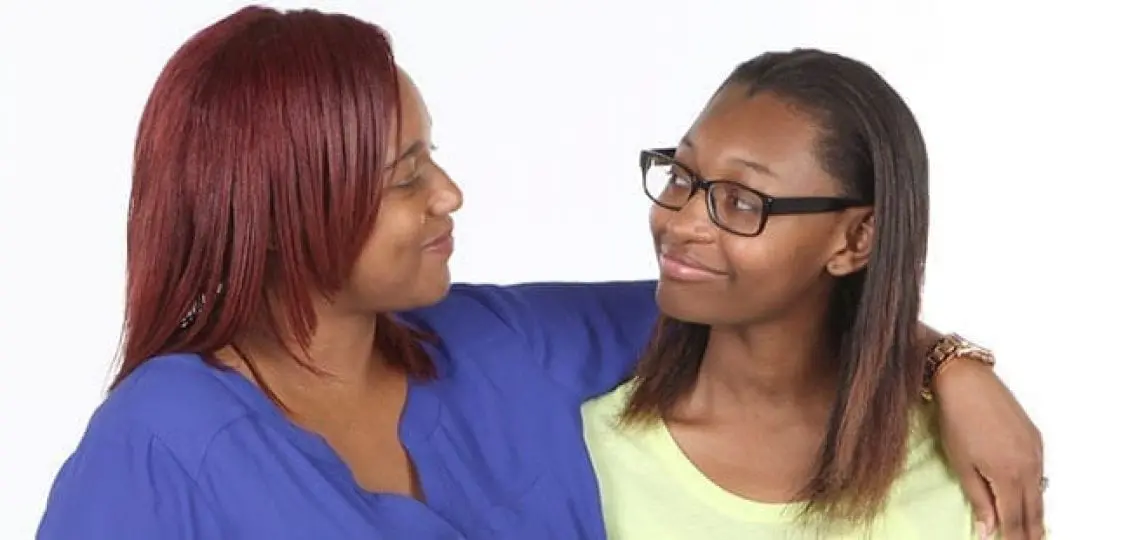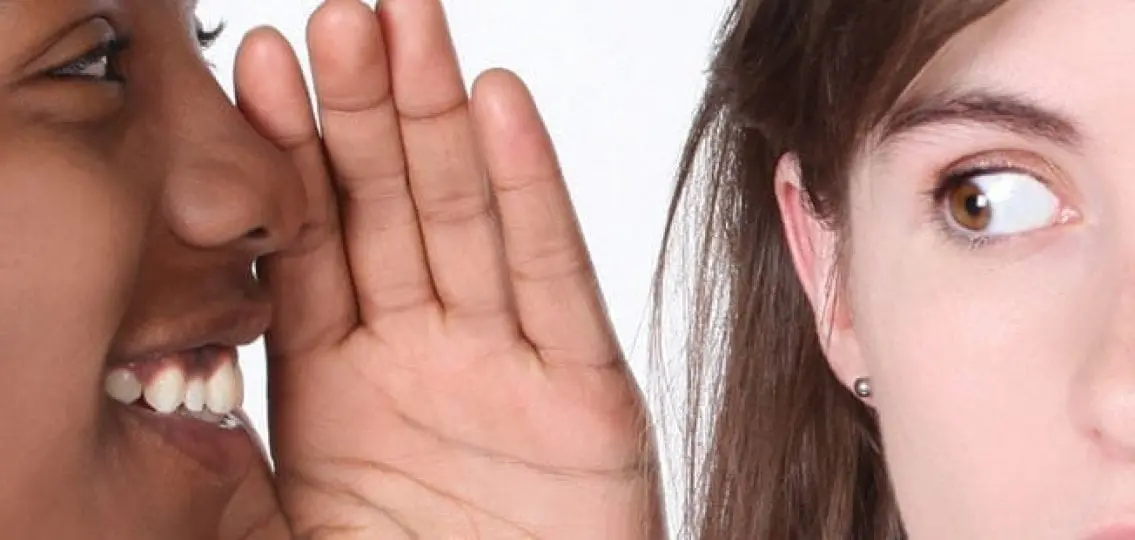Teens and gossip have gone together since the dawn of time. It’s fun for teenagers to dish the latest news with friends—who has a new romance, who just got their license, who they saw at the mall yesterday. That kind of conversation can draw friends closer together and even alert others to someone in trouble—a teen who needs serious intervention for a problem or maybe one who needs just a few words of support because her dog died.

But when does social chitchat cross over into something hurtful or damaging?
What we may think of as harmless gossip can also have a dark side. You know how it starts: One teen says she saw another teen at a movie with a boy who wasn’t her boyfriend, and suddenly the school hallways and social media platforms are ablaze with cheating rumors.
Oh, it was just her out-of-town family friend? Too bad—the damage to that teen’s reputation has already been done.
“That’s gossip at its most insidious—when someone is not in the room to defend or explain themselves,” says Nicole Zangara, a licensed social worker in Scottsdale, Arizona, and author of Surviving Female Friendships: The Good, The Bad, and The Ugly.
And talking about others in a hurtful way—whether or not the information is true—is never okay. “It can turn into bullying, which can lead to depression, anxiety, or worse,” cautions Zangara.
So here are two good rules of thumb that you can share with your teen as well as model in your own life:
- Are you sharing information in a kind, helpful way, or are you simply being mean?
- Do you know whether or not it’s true, or are you repeating something unverified from someone else?

Stopping to consider the answers to these questions before having the conversation could go a long way toward avoiding the dark side of gossip. Maybe that old adage is right: “If you can’t say something nice, don’t say anything at all.”




